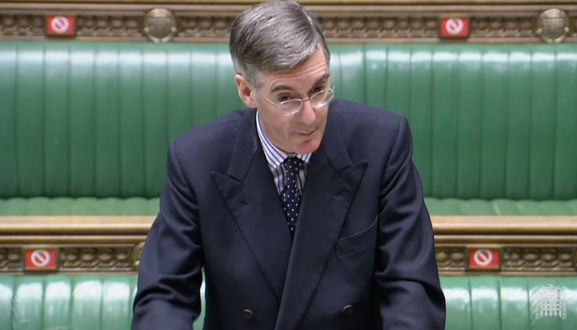MPs will get vote on controversial 10pm pubs curfew next week, government confirms
Government faces prospect of significant Conservative rebellion over measure

Your support helps us to tell the story
From reproductive rights to climate change to Big Tech, The Independent is on the ground when the story is developing. Whether it's investigating the financials of Elon Musk's pro-Trump PAC or producing our latest documentary, 'The A Word', which shines a light on the American women fighting for reproductive rights, we know how important it is to parse out the facts from the messaging.
At such a critical moment in US history, we need reporters on the ground. Your donation allows us to keep sending journalists to speak to both sides of the story.
The Independent is trusted by Americans across the entire political spectrum. And unlike many other quality news outlets, we choose not to lock Americans out of our reporting and analysis with paywalls. We believe quality journalism should be available to everyone, paid for by those who can afford it.
Your support makes all the difference.MPs will be given a chance to debate and vote on the government’s contentious 10pm curfew next week, Jacob Rees-Mogg has announced.
Despite the significant threat of a rebellion, the Commons leader said a motion to approve the coronavirus restriction retrospectively will be included in Tuesday’s parliamentary agenda.
It follows a clear hint that Labour could oppose the continuation of the curfew on pubs, bars and restaurants across England, as Sir Keir Starmer demanded Boris Johnson publishes the scientific evidence behind the measure during a fierce clash at prime minister’s questions on Wednesday.
“One question is now screaming out. Is there a scientific basis for the 10pm rule?” the Labour leader asked.
“The public deserves to know, parliament deserves to know. If there is, why does’t the government do itself a favour and publish it? If not, why doesn’t the government review the rule?
Combined with the significant prospect of a Conservative rebellion from MPs pushing against further restrictions, Labour’s decision could prove decisive next week in determining whether the restriction should continue.
Announcing the go-ahead for the vote next week, however, Mr Rees-Mogg defended the 10pm curfew, insisting ministers were “acting on the advice” of the government’s Scientific Advisory Body for Emergencies (Sage).
“The government has consistently acted on the the advice of Sage and all these measures come in on the best available advice,” he added. “This is the whole point of having Sage in the first place.”
Of the vote next Tuesday, the Commons leader said: “I am very glad to say that we now have a system where issues of national significance will be debated on the floor of the House.
“And I would note on the 10pm curfew, it is a nationally significant measure, and even though it is not strictly caught by the health secretary’s commitment last week, the government took the decision to move the debate to the floor of the House in recognition of the level of the demand for the debate.
“So we are being responsive to what is being asked for and ensuring proper scrutiny”.
The commitment to hold the curfew vote, however, could render meaningless for millions of people across the country next week alongside government proposals to introduce tougher restrictions in vast swathes of northern England.
According to reports, cites including Newcastle, Liverpool and Manchester, will be ordered to close all bars, restaurants and pubs in a forthcoming announcement from No 10 on Monday.
It forms part of a three-tier system being considered for ministers to simplify local lockdown rules, with all areas of the country classified as either Level 1, 2, or 3.
Level 1 would be a baseline of restrictions, Level 2 would include enhanced restrictions for areas where cases are above 100 per 100,000 people, and Level 3 would be for when transmission rates are even higher.




Join our commenting forum
Join thought-provoking conversations, follow other Independent readers and see their replies
Comments